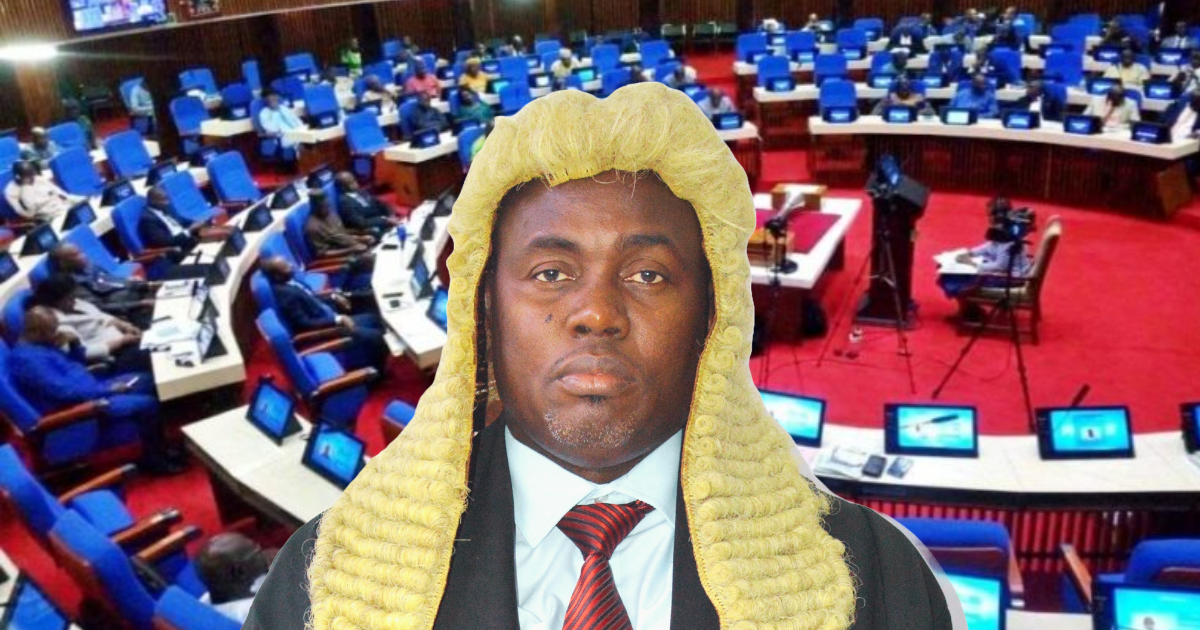On Monday, November 4, 2024, Sierra Leone’s Parliament commenced a spirited debate in response to President Julius Maada Bio’s recent State of the Nation Address.
The “Motion of Thanks,” moved by the Leader of Government Business, Hon. Mathew Sahr Nyuma, highlighted national unity and governmental accomplishments, but quickly sparked pointed critiques from opposition members.
Hon. Nyuma emphasized unity and positive criticism, commending President Bio for initiatives in food security, healthcare expansion, and women’s participation in governance. He underscored the importance of the “Feed Salone” initiative aimed at addressing food shortages, and lauded investments in education, infrastructure, and energy. The Majority Leader advocated collaboration among MPs, pushing for sustainable policies and urging fellow members to embrace unity in governance.
However, opposition MPs challenged these portrayals, raising concerns about economic hardships and unfulfilled promises. Hon. Daniel Amadu Bangura criticized rising inflation and unmet expectations, calling attention to economic instability and youth unemployment. Hon. Papa Bangura added grievances over stalled projects and surging costs of essential commodities, including electricity and rice.
Debates also touched on President Bio’s handling of agriculture, a key point of contention. Hon. Alpha Jalloh cited the nation’s worsening standing on the Global Hunger Index, alleging a failure to address food security after seven years of Bio’s administration. He criticized unfulfilled commitments under the Maputo Protocol and denounced the continued prevalence of hunger despite the “Feed Salone” initiative.
Supporters of the President, including Hon. Neneh Lebbie and Hon. Kankofa Farah Mansaray, praised Bio’s efforts, especially in education and rural electrification. Hon. Lebbie called for collective support of “Feed Salone” and advocated for environmental protections, including plastic reduction.
Conversely, Hon. Mabinty Taylor Bangura voiced skepticism about the government’s commitment to food security, labeling “Feed Salone” as ineffective and calling for a “State of Public Hunger Emergency” amid escalating rice prices. She also questioned the viability of the Torma Bum rice project, aimed at boosting local rice production, which she claimed was yielding limited results.
Energy infrastructure and access to clean water emerged as areas of consensus and contention. Hon. Musa Lahai from Kailahun District praised ongoing water and electricity projects, including efforts by the Guma Valley Water Company and the Sierra Leone Water Company (SALWACO). Yet, opposition voices remained skeptical, pointing to the need for further reforms and accusing the administration of lagging on energy commitments.
As the debate continues, MPs on both sides of the aisle are highlighting contrasting visions for Sierra Leone’s future, with government advocates underscoring strides in infrastructure and economic development, while critics call for accountability amid persistent economic challenges. The parliamentary motion of thanks is set to proceed with further debate, as Sierra Leone’s leaders confront the complex realities facing the nation.












Things are really difficult. Is the feed salon really working?